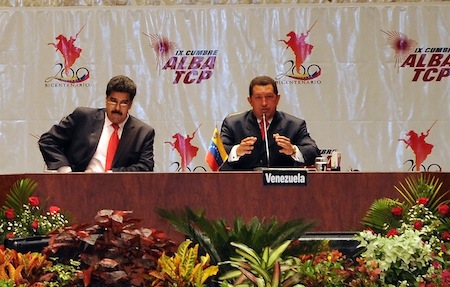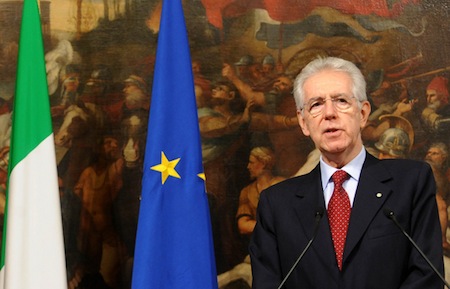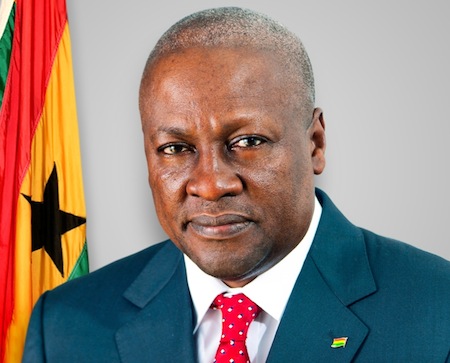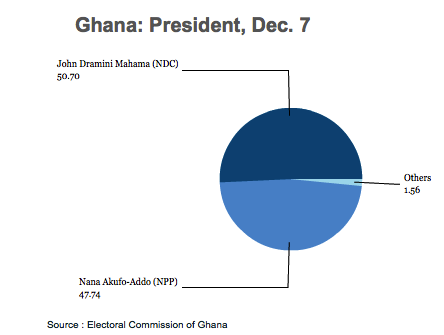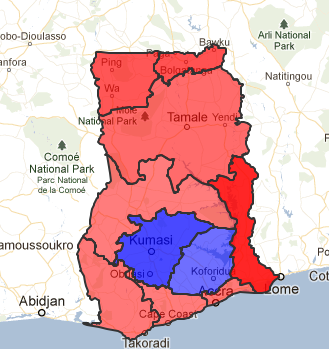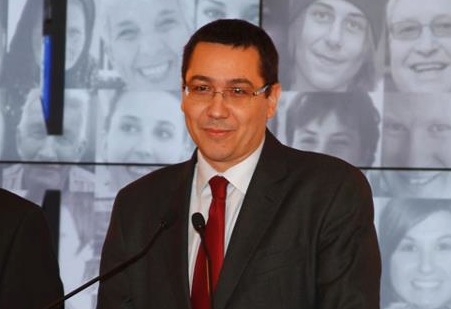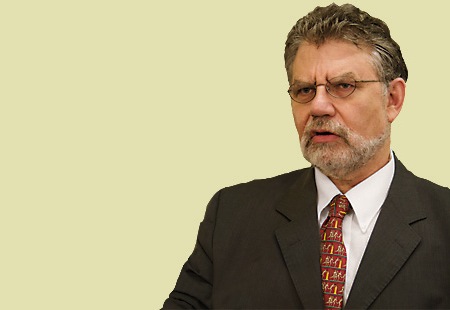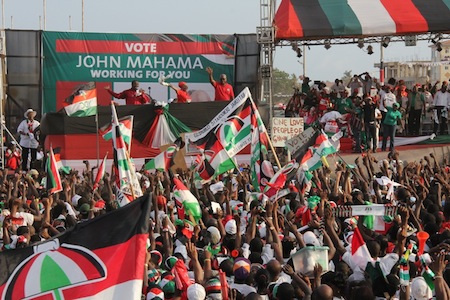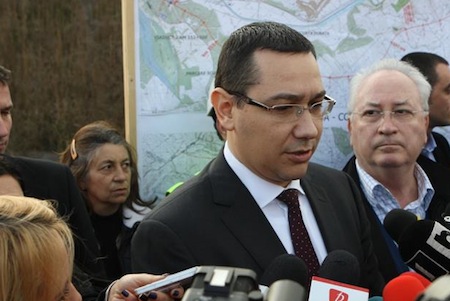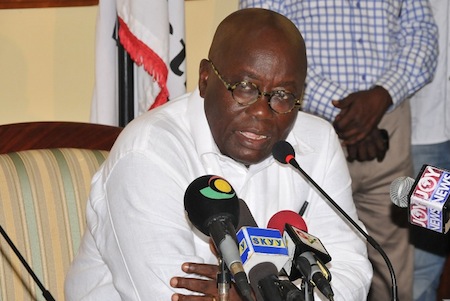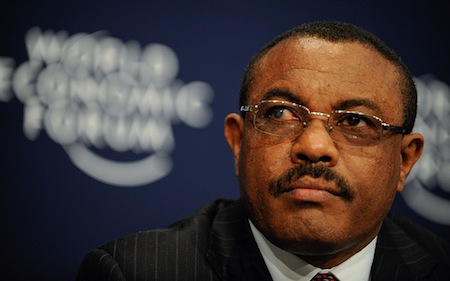In Gujarat, the state where Mahatma Gandhi — India’s spiritual and intellectual founding father — was born, voters will go to the polls in two rounds on December 13 and 17 to elect a new regional government. ![]()
Since 2001, however, Gujarat’s government has been headed by Narendra Modi (pictured above), the regional leader of the Bharatiya Janata Party (the BJP, or भारतीय जनता पार्टी), which currently holds 117 out of 182 in the state’s unicameral Legislative Assembly (Vidhan Sabha, ગુજરાત વિધાન સભા). In the previous 2007 elections, Modi’s BJP defeated the Indian National Congress (Congress, or भारतीय राष्ट्रीय कांग्रेस) by an 11% margin — Congress currently holds 59 seats.
Politics in Gujarat is largely a straightforward contest between India’s two largest national political parties and, as one of India’s most conservative states, it’s long been a for the BJP, which has held a majority in the Legislative Assembly since 1995.
Modi is a longtime veteran of Indian politics, and he is widely thought to harbor national political ambitions, though he’s a relatively polarizing figure within India, and opponents have dismissed him as more hype than substance.
He will be looking to poll at least as well as he did in the previous 2007 elections, when the BJP won 49% of the vote and nearly two-thirds of the seats in the Legislative Assembly, as a springboard into the 2014 national elections. Although that contest is still a long ways off, Modi remains the favorite to run as the BJP’s candidate for prime minister in 2014, though he may face intraparty rivals, including former deputy prime minister Lal Krishna Advani. Congress is expected to run under the candidacy of Rahul Gandhi — the son of Congress’s president Sonia Gandhi and the late former prime minister Rajiv Gandhi, and the grandson of the late former prime minister Indira Gandhi.
Although the state’s officials won’t start counting votes until December 20, barring a political earthquake, it’s a safe bet that Modi will emerge with a mandate for a fourth consecutive term in office.
In one of the world’s most novel twists on campaigning, he has turned heads by using a three-dimensional hologram avatar of himself to address multiple rallies in Gujarat simultaneously. Continue reading Gujarati voters consider third decade of BJP rule as Modi looks to prime minister race in 2014

